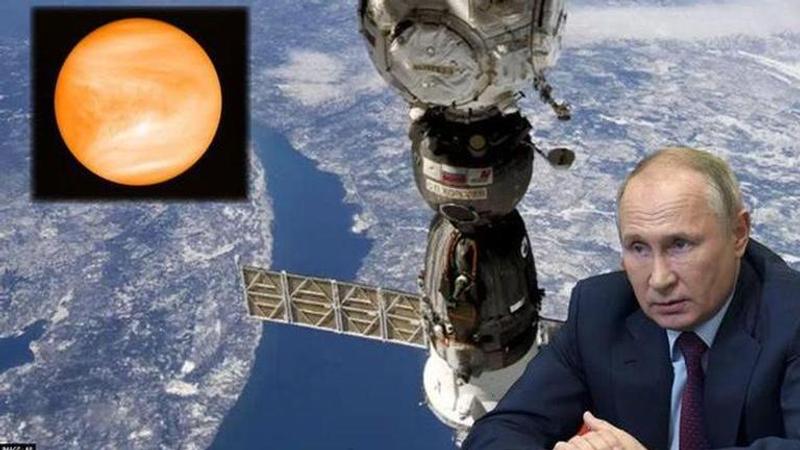Published 08:23 IST, April 11th 2023
Russia to work on prototype of Venus Research Station by early 2024: Report
Russia's Venus mission will focus, in-depth, on the planetary life of the Earth's closest neighbour which shares almost the same size and history.

IMAGE: AP | Image:
self
- Listen to this article
- 3 min read
Advertisement
08:23 IST, April 11th 2023
